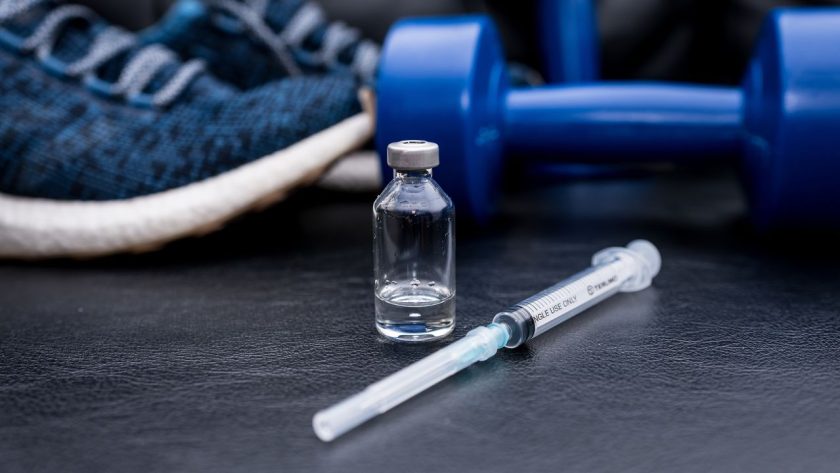Performance-enhancing substances have long been a topic of fascination and controversy in the world of sports and fitness. Among them, where can I buy semaglutide online have garnered significant attention due to their potential to dramatically alter physique and performance. However, beneath the surface lies a complex reality that extends far beyond the stereotypical narratives often associated with these substances.
Steroids, or more accurately, anabolic-androgenic steroids (AAS), are synthetic versions of the male hormone testosterone. While they do have legitimate medical uses in treating conditions like hormonal imbalances and muscle-wasting diseases, their misuse for performance enhancement has overshadowed their therapeutic potential.
The lure of steroids lies in their ability to promote muscle growth, increase strength, and expedite recovery. Athletes and bodybuilders are often tempted by the prospect of achieving remarkable physical transformations in a relatively short span of time. However, it’s important to acknowledge that such benefits come at a cost – both in terms of potential health risks and ethical considerations.
Misuse of steroids can lead to a range of adverse effects on the body. These can include liver damage, cardiovascular issues, hormonal imbalances, mood swings, and even potential dependency. Moreover, the unregulated and unsupervised use of steroids can exacerbate these risks, leading to irreversible damage that far outweighs any temporary gains in performance or appearance.
In the realm of sports, the use of steroids raises ethical questions about fair competition. Athletes who use these substances gain an unfair advantage over their competitors, undermining the principles of skill, talent, and dedication that form the foundation of athletic competition. This issue not only erodes the integrity of sports but also puts pressure on clean athletes to conform or risk being left behind.

